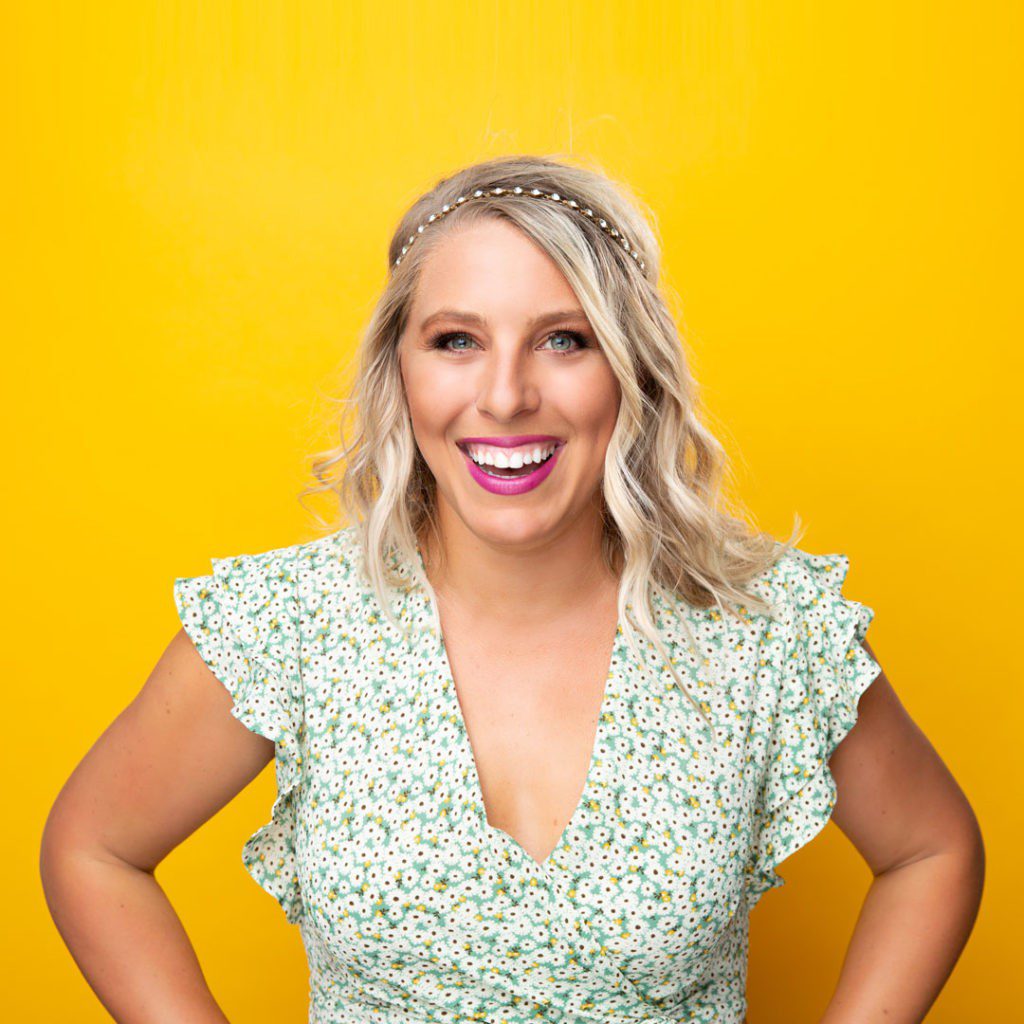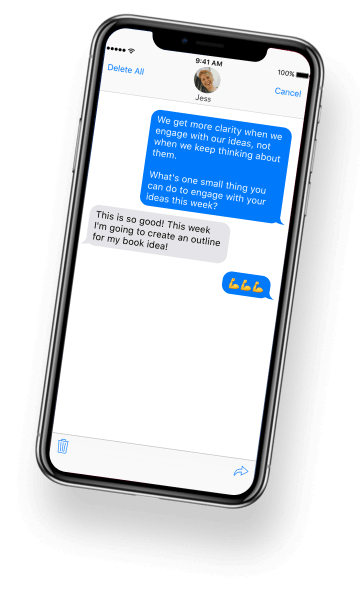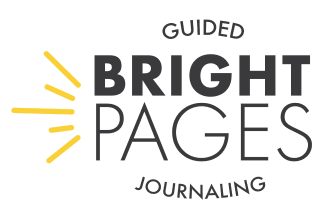
Show Notes:
Do you have a story you want to share with the world, but aren't sure it's worth telling? I believe that every story has a purpose, but how you tell it will impact how it's received. In today's episode, I'm sharing four things to remember in order to properly tell your story!
"We can’t always control our experiences, but we can always write our story."
Monetizing Your Story (:49)
Paid Speaking Engagements (:58)
Publishing Books (1:02)
Finding Your Story (1:30)
One Single Experience Can Write Two Completely Different Stories (4:44)
4 Things to Remember about Storytelling (6:01)
- Your story doesn’t have to feel big to be important. (6:06)
- Your experiences are not your story, but rather how you make sense of them. (6:25)
- The value of your story comes in how you can relate that lesson to others. (6:52)
- Always remember that you are living your story right now. (7:56)
Review the Transcript:
Hey, everyone. So in this episode, we are going to talk about storytelling. So one of my favorite things to do is help women make sense of their story in a way that they can package it up and sell it as a keynote talk or as a published book. If you're interested in learning more about that, you can head to businessonthebrightside.com, check out my courses and let's tell them, sell your story.
What's up, everybody? It is Jess Ekstrom, and welcome to Business on the Bright Side, the podcast where you can learn how to make a living and make a difference at the same time. Life is short and so is my attention span, so let's get started.
So I feel my calling in life is to help women monetize their story, and I think that there are two really great ways to do that. One of them is through paid speaking engagements, which is why I started Mic Drop Workshop, and the other is through publishing books, which is why I started Book Pop Workshop. What I end up hearing some people say who are taking my courses or maybe who want to take my courses, they say that they want to write and speak, but they just don't know what their story is yet.
Maybe you felt that way before. Maybe you have this burning desire to get out there, grab the microphone or put the pen to paper but you're just like, "I don't know what my story is." Or maybe you're thinking, "Is my story good enough or interesting enough?" Because there's this common misconception that in order to have a valuable story that it needs to be this huge splash in the water, super disruptive, didn't see that coming, pigs-flying story.
Even though some parts of my story are like that, hence Bernie Madoff and some other things, rarely those parts of my story are the ones that people relate to. It's so funny because when I publish Chasing the Bright Side, I thought that I was going to be inundated with people wanting to ask me about my uncle and that one crazy part of my story, and I was ready for it. I'm like, "Okay, I'm opening the flood gates." This is what I'm going to be hearing nonstop about for the rest of my life, because I'm coming forward with this big part of my story.
I could not have been more wrong. People sometimes they mention it, but really the things that people want to talk to me about were the smaller parts of my story, the parts that they can relate to, the parts that they can see themselves in. Because all of our experiences, the good experiences, the bad experiences, the funny experiences add up to a story.
One of the stories that I actually tell on stage is about a time when I tried hot yoga, ended up falling on my face and made a complete fool out of myself. I go through this experience of telling them about my hot yoga experience. It is the thing that people continuously come up to me after and tell me about how that story changed their life, or they message me on Instagram. It's not about the time when I started my company or any of these sometimes bigger moments, it's the small things that people can relate to.
So all of these experiences in our life are really connecting the dots and creating a story. Our experiences though are things that we can't control. We can't control the weather. We can't control the people around us. We can't control if the takeout place gets our order right. We certainly can't control what other people think about us or do.
Our stories are how we make sense of all of our experiences. So our stories are how we string it all together and pull meaning out of those moments. So although we can't always control our life like putting things on a chess board, what do you call them, pins, chess, whatever we call those things go on a chess board, we can't always control that, but we can control what everything means to us and how we respond.
So we can have an experience of not getting the job that we applied for, but the story that we tell could either be that moment was the moment you gave up or the moment that was when you decided to start your own business instead. One single experience can write two completely different stories.
So we just hosted, right, the Dang Book Conference for women who want to get their non-fiction books published. In this Facebook group that we had for the conference, so many women were sharing their story of what they want to write about.
The crazy thing that I realized through this conference and reading through all of these Facebook posts is that everyone that we encounter during our day, whether it's someone who were standing beside at the grocery store or someone we see out walking their dog, has a story. They've had experiences in their life that they are trying to make sense of. It's the people who want to write and speak about them that want to use the lessons that they learned through their experiences and help other people write their story.
The crazy part about it is that right now at this very much, you're in your story. You're living it. Every day we have experiences that mean something to us that help us keep writing this story. In 2020, we have had a ton of experiences that we can't control. So what's the story that you're writing from them? So I want to give you four things that I want you to remember about storytelling.
The first is that your story doesn't have to feel big to be important. Remember that everything, all of the experiences in your life add up to a story. So it doesn't have to be some major drama plot twist in order to mean something in your life and to be taught to others.
Number two, your experiences are not your story, but rather how you make sense of them. So the things that happen to us that we can't control, what do we do with it? How do we filter it in our minds? How do we make sense of it for how we move forward? One of my favorite analogies is that boiling water can soften a potato, but harden an egg. So it's not as much about the circumstance as it is about the subject.
Number three, the value of your story comes from how you can relate that lesson to others. So you might have a story about loss, or you might have a story about how you overcame an immense challenge. Maybe you climbed Mount Everest or something like that. Maybe the people that you write to with your book or speak to in audiences will never climb Mount Everest. I'm going to put money down on that's probably going to be the case.
So that doesn't mean that your story has to match other people in their story to help them. What you have to do is pull out the universal feeling, that universal experience of like, "Hey, maybe you've never climbed Mount Everest," but you know what it's like to look something in the eye and think, "I can't do this and do it anyway." So that's what makes a powerful speaker or a powerful writer is not about reaching people who are just like them, but using their experiences and the lessons that they learned from them to help people who are in the middle of their story.
Number four, always remember that you are living your story right now. So if you have writer's blog or you think the cupboard is empty and you're like, "I've run out of all of my good stories," remember that just waking up this morning, just getting up, showing up, you are creating your story. Sometimes it just takes a little longer to realize that you're in it. So I'll leave you with this. We can't always control our experiences, but we can always write our story.
Thanks for listening to Business on the Bright Side. I'm your host, Jess Ekstrom. For all the show notes, head to businessonthebrightside.com, and be sure to tell me what you thought of this episode on Instagram. If you're picking up what I'm putting down, subscribe and write a review wherever you consume podcasts. See you next time and keep chasing the bright side.







